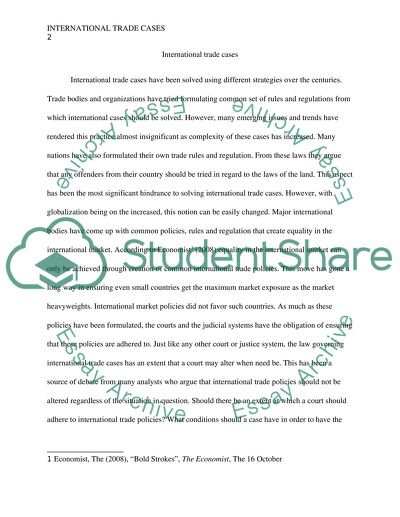Cite this document
(“Critically analyse the extent to which the courts rely on policy Essay”, n.d.)
Retrieved from https://studentshare.org/law/1465813-critically-analyse-the-extent-to-which-the-courts
Retrieved from https://studentshare.org/law/1465813-critically-analyse-the-extent-to-which-the-courts
(Critically Analyse the Extent to Which the Courts Rely on Policy Essay)
https://studentshare.org/law/1465813-critically-analyse-the-extent-to-which-the-courts.
https://studentshare.org/law/1465813-critically-analyse-the-extent-to-which-the-courts.
“Critically Analyse the Extent to Which the Courts Rely on Policy Essay”, n.d. https://studentshare.org/law/1465813-critically-analyse-the-extent-to-which-the-courts.


